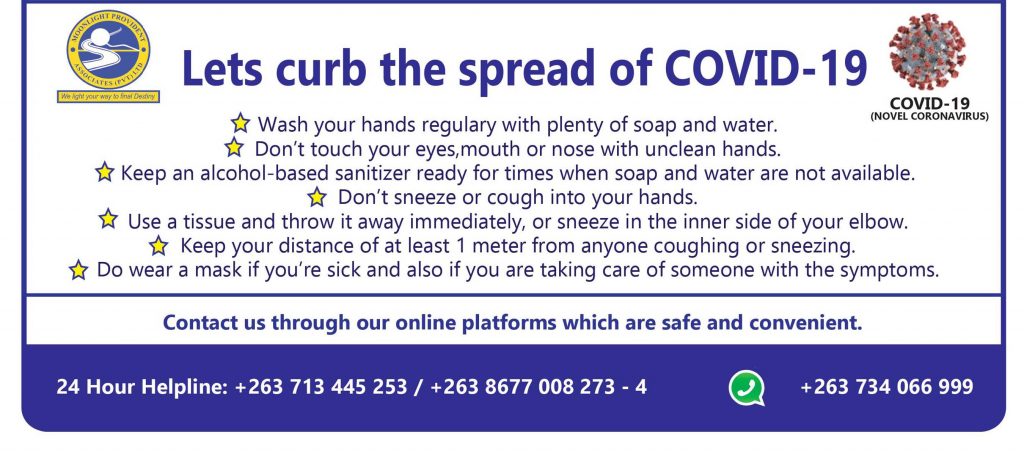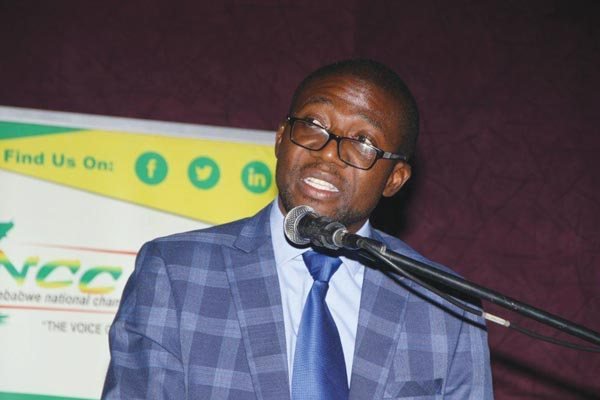… As domestic tourism takes centre stage
Zimbabwe’s tourism sector yesterday met in Harare to craft a post-COVID-19 tourism recovery strategy.

The discussion hinged on prioritizing the domestic market and product diversification.
Addressing the meeting, Environment, Climate, Tourism, and Hospitality Industry Minister Nqobizitha Mangaliso Ndholvu emphasized the need to have a three-phased approach that starts by growing domestic tourism, regional the international market.
“Obviously, we are expecting that international tourism will take some bit of time to recover and we are looking at domestic tourism as an immediate source of relief and I think over time we have really not given it attention and it took centre stage today,” he said.
“We were able to look at critical issues that are inhibiting the growth of domestic tourism. We then looked at what needs to be done. We tackled issues to do with providing support structures. The sector highlighted that there are other enablers, there are other players who are providing services to the sector whose rates are quite high. They made mention of local authorities, electricity rates and the like” he said.
“This mandates us to have this broader discussion to see how best we can collaborate to drive down the cost so that our locals can begin to travel but we are saying that’s the first phase of recovery domestic tourism. Beyond that, we are seeing regional tourism coming back thankfully as a region we are really not hard it by COVID-19. We remain alert we’re not going to be complacent but so far we believe that we have reasonable numbers. It might not take long before the regional tourism roars into life, so we are getting ready for that as well” added Ndhlovu.
“In the medium to long term we are looking at our airports opening for the international space. What I want to emphasize again, is that in the discussion we were quite clear that we don’t want to restore tourism as it was. We want the best case scenario, we believe Zimbabwe is a very beautiful country. We have not been getting the best out of our tourism. So we have taken this opportunity to look at other areas where we can do better, service excellence, how we treat our clients. We also have to be unlocking other domestic destinations which are currently inaccessible either through air or road” he said.
“We want a better and bigger tourism industry as we recover from the pandemic and as we march towards 2030,” said Minister Ndhlovu.
The meeting drew participants from several sectors including Environment, Climate, Tourism, and Hospitality Industry Ministry, Zimbabwe Tourism Authority, Finance Ministry, Transport Ministry, youths in tourism, Tourism Business Council of Zimbabwe as well and Hospitality industry.
It was noted that tourism industry was hit the hardest by the effects of Covid-19. The meeting agreed that there was need to come up with various interventions including timely disbursement of the $500 million stimulus package by Government.
Tourism players also advocated for wider collaborations amongst themselves rather than competing against each other. The issue of pricing of tourism products was also discussed externally with most players agreeing that domestic tourism was the starting point to give impetus and lure international travellers.
Since covid-19, international travels have significantly gone down as the aviation sector has been grounded due to worldwide lockdowns.
Sector players agreed that for domestic tourism to thrive there was need for the national airline to become operational. While the pandemic hampered operations of the national airline it also provided an opportunity for Air Zimbabwe to revive its fleet which is set to service the domestic routes.
It was noted and adopted that without the national airline servicing domestic market it was going to be difficult to revive domestic tourism.
Also discussed was engagement of other sectors that complement tourism such as electricity costs, fuel and wifi. Players said such service providers would need to be engaged externsively so that it they contribute to the ultimate provision of competitive pricing of the tourism product.
Another highlight was the issue of with tax rebates. It was noted that some tourism sub-sectors were not benefitting from the rebates.
Arts and craft practitioners also called on Government to consider opening up spaces to act as markets and exhibitions for artists while observing the social distancing regulations.
The tourism strategic plan will be used to inform the National Development Strategy plan by Government.






